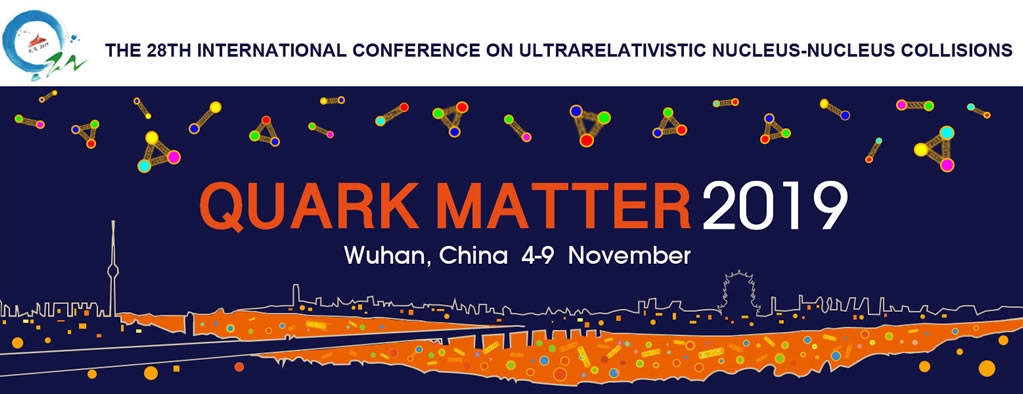Speaker
Description
The next-to-leading order (NLO) Balitsky-Kovchegov (BK) equation describing the high-energy evolution of the scattering between a dilute projectile and a dense target suffers from instabilities unless it is supplemented by a proper resummation of the radiative corrections enhanced by large transverse logarithms. These instabilities are associated with large, anti-collinear, double logarithms which occur when the NLO corrections are computed from the evolution of the dilute projectile. We explain how to rewrite the NLO evolution in terms of the rapidity of the dense target. This avoids the large anti-collinear contributions but introduces new, collinear, instabilities, which are however milder since disfavoured by the typical BK evolution. We propose several prescriptions for resumming these new double logarithms and find only little scheme dependence. The resummed equations are non-local in rapidity and can be extended to full NLO accuracy. We present the first applications of these resummed equations to proton-nucleus collisions at the LHC and deep inelastic scattering at the proposed Electron-Ion Collider.
